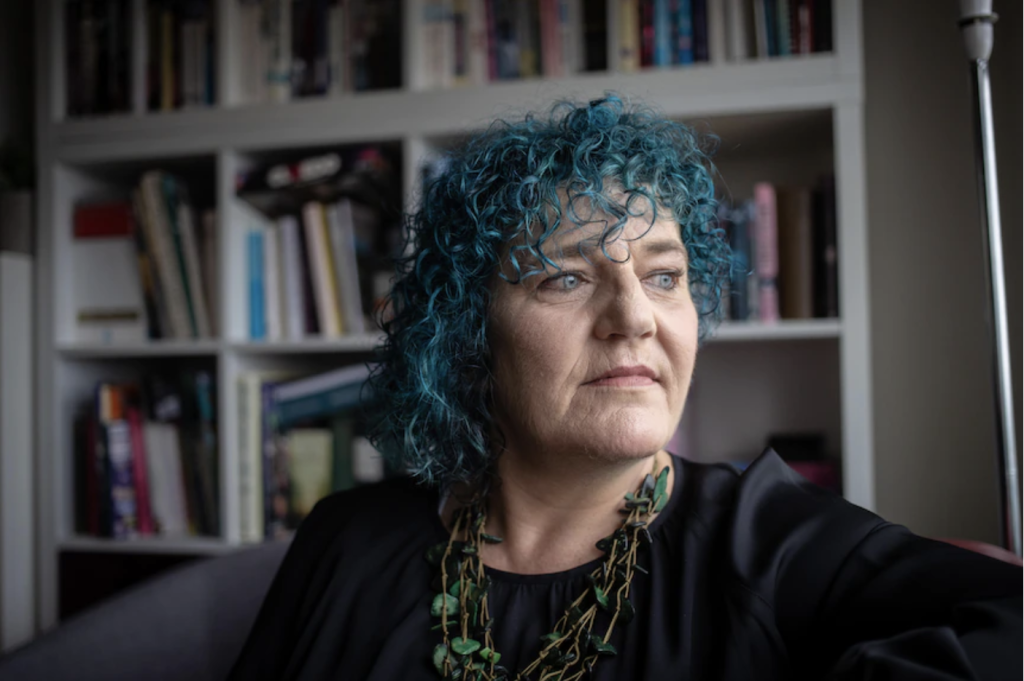On 14 May 2022, Kristine Ziwica published an article on The Saturdays Paper website titled “New front in Coalition war on charities“.
The article describes WWDA’s distressing experience defending its status as a public benevolent institution. “A public benevolent institution is a particular subtype of charity whose primary purpose is to relieve poverty, sickness, suffering or disability.”
The Australian Charities and Not-for-profits Commission (ACNC) warned that “an organisation that provides awareness-raising, research and advocacy services to the whole or part of the community may not meet the requirements for a PBI as these types of activities may not be considered to be the provision of relief”.
The full article can not be posted as the original article has been published behind a pay wall on The Saturdays Paper website.
A quote from Carolyn Frohmader from the article:
“I was immediately distressed by the contents of the email. I was confused and terrified by the fact that our response was due by March 25th, leaving just six business days to provide the response,” Frohmader tells The Saturday Paper. She had been on personal leave and the email took a few days to come to her attention. “I was still on personal leave. My daughter had only recently been diagnosed with a brain tumour, and myself and the staff at WWDA were preparing to give witness testimony to the disability royal commission about the astronomically high rates of violence perpetrated against women with disabilities. There was no way I could respond to the ACNC’s demands on time.”
Frohmader was shocked. “When I read the second email and saw the ‘table’, I immediately burst into tears. I then began to vomit uncontrollably in my office and didn’t even make it to my bathroom in time.”
She adds, “It is impossible to put into words how traumatised I was at this point. I had worked for weeks, mostly at night and on weekends, to provide the formal response to the ACNC to answer the questions posed in their original email.”
Frohmader has been the chief executive of Women with Disabilities Australia for 25 years. “I have devoted almost half my working life to advocating on behalf of and supporting women with disabilities,” she says. “I suddenly felt that I must have done something ‘wrong’ to put WWDA in a situation whereby it was being ‘investigated’ by the ACNC. I knew that we had never, ever defaulted on any of our regulatory obligations. I was devastated. And I was very, very frightened.”

